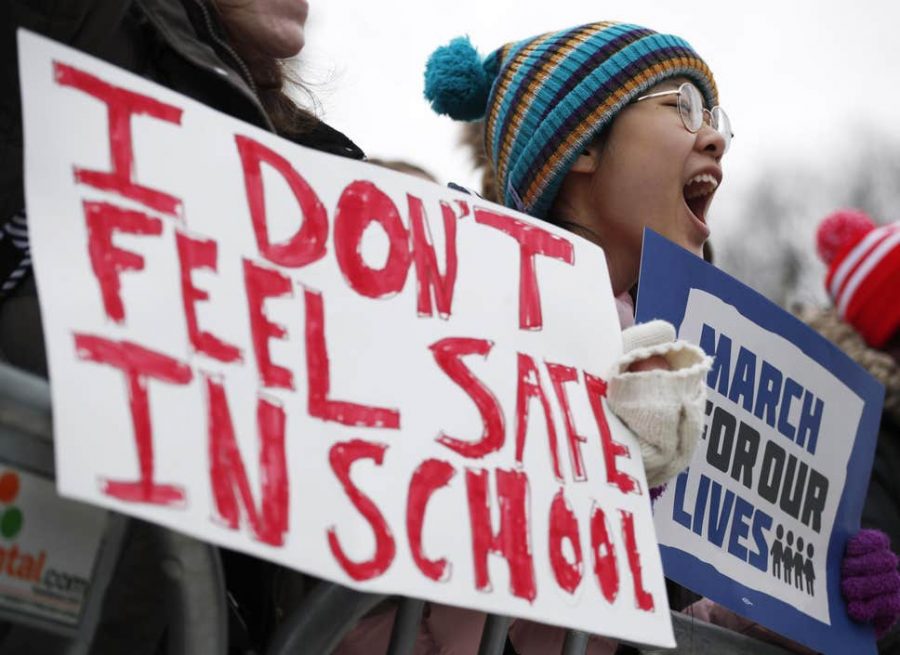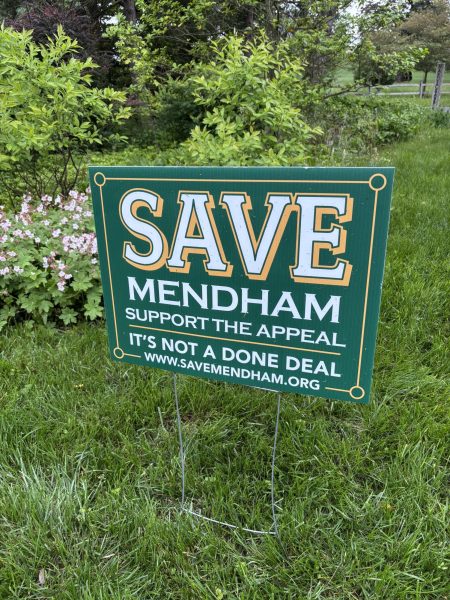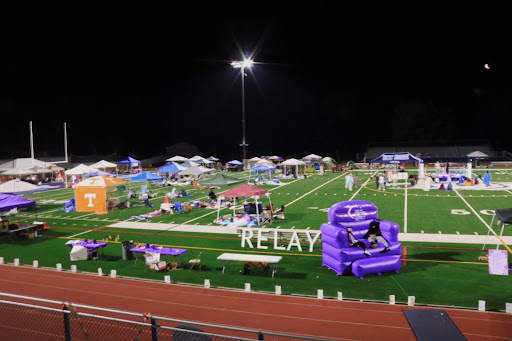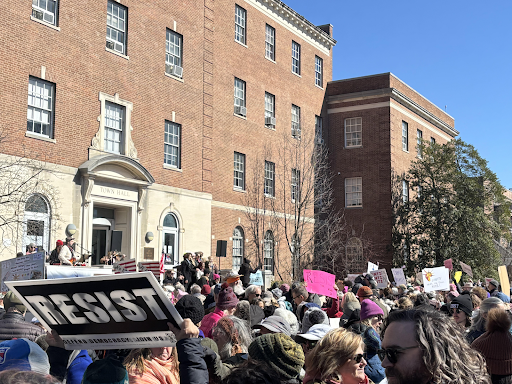Florida: More Guns in Schools?
In the first weeks of May of 2019, legislation was proposed to the Florida House of Representatives to allow public schools to begin arming classroom teachers. This was an extension of the existing Guardian Program in Florida where certain staff members are authorized to carry firearms, omitting classroom teachers from those allowed. The proposed expansion was expectedly met with dismay by Democrats, and support from nearly all Republican members, excluding five of which who voted no on the bill. The bill was passed with a vote of 65-47 and on May eighth Florida Governor Ron DeSantis signed it into effect.
Many Democrats, including Black Representative Shevrin D. Jones, vehemently resisted the passage of this legislation and argued against it, saying that it would only create a more dangerous environment for Hispanic and black kids attending these public schools. The West Park, Florida representative said, “We are talking about black boys and girls who are getting murdered by police officers! There are bad police officers and there are bad teachers!” A number of other House Democrats joined Jones in a display of support throughout his emotional speech, one that nearly brought the man to tears. “Some people might look at a boy who’s got dreads in his hair and be intimidated by him. I fight for those people!”
For Jones, he sees the classroom during an emergency as an environment implicit bias would flourish in. Implicit bias is the prejudices an individual may hold over a certain type of person, possibly leading them to act in a certain way during a high-intensity, life or death situation. Implicit bias training is available and currently used for police departments to better train their officers, and was proposed by Jones to be mandated for any teacher applying to join the Guardian Program. The lessons would encourage acceptance and normalization of people of other backgrounds, in order to lessen the chances of them being unconsciously seen as the perpetrator during chaos. A second bill proposed by Jones would have denied teachers the right to enjoy Florida’s “stand your ground law.” This would have meant a teacher who may have accidentally shot a student would be not allowed claim it was done so in an act of self-defense and would be charged. Both amendments, however, were unsuccessful in passing.
Many schools in Florida’s largest cities are highly concentrated with non-white students, and many of these culturally diverse schools are the same that abstained from joining the Guardian Program when it was initially founded after the shooting at Marjory Stoneman Douglas High School. It is unknown how the new additions will change which schools have armed teachers and staff, as the decision ultimately comes down to the opinion of the local school districts. Broward County Sherrif Gregory Tony made clear in a letter to board leaders that he did not believe in increasing the number of firearms in schools. “Arming teachers is not the right approach to keep our children safe, this program would place students, teachers and first responders at risk, when our focus should be on keeping our students safe and making schools places where they feel they belong,” he said. Interestingly, this comes from the man who replaced previous Sheriff Scott Israel after he was accused of being incompetent during and after the shooting at Stoneman Douglas.
Morbidly, the reality is that Florida public schools will become the testing grounds for one of America’s most intensely debated issues, and determine the effectiveness of this as a solution.
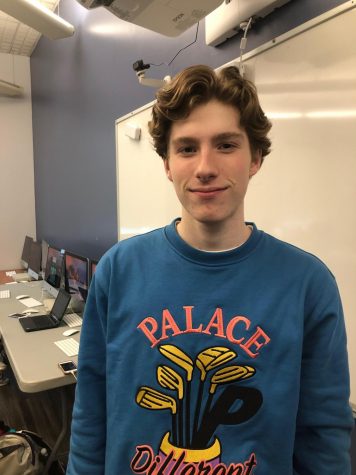
Jordan Larrabee is currently a senior at Mendham High School. Jordan
is a returning member of Mendham's journalism class and writes for the
paper, The...

